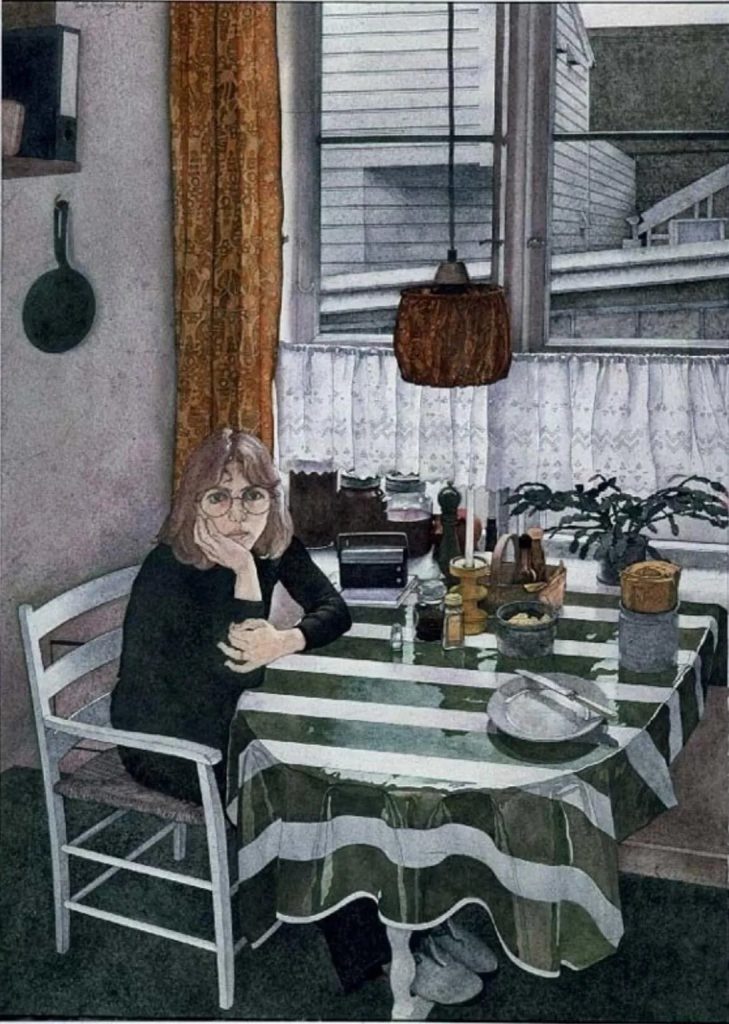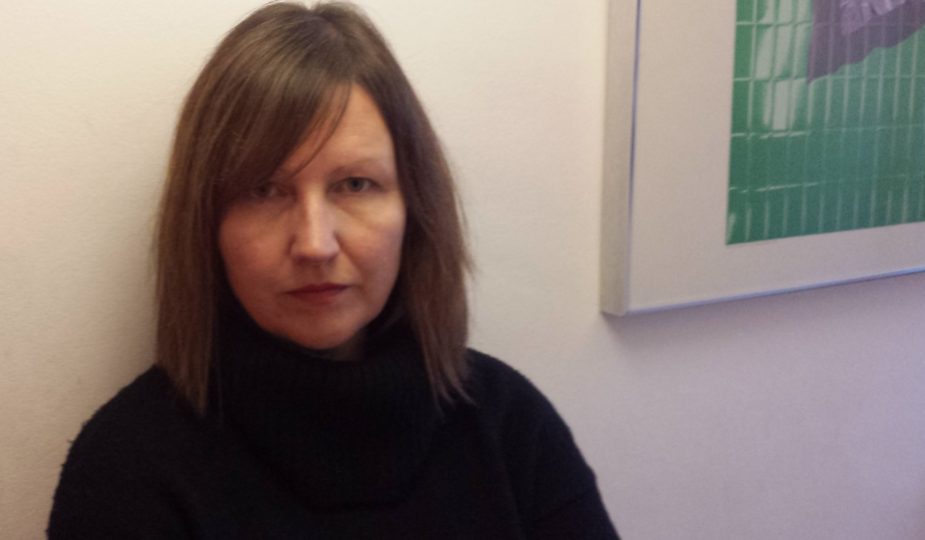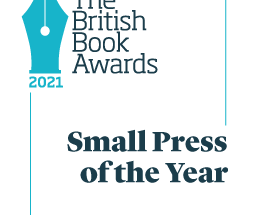Every year Dahlia Publishing hosts students from the University of Leicester for a 10-week placement. The scheme run by the university provides students with an opportunity to gain work experience in a small press to enhance their learning. Students often work remotely and are supported by editor Farhana Shaikh to pursue a personal project – something where they can channel their interests and make a difference. During the 2024/5 academic year we were joined by Rim Asma and Hafsah who had an interest in publicity, marketing and editing. They worked on a number of projects including supporting the production of Cold Toast. Here’s an interview the pair did with Kathryn Aldridge-Morris
What influenced you to become a writer?
I’ve always loved storytelling and regaling friends with anecdotes, plus I think humans have an inherent creative urge — so writing stories was perhaps inevitable.
It’s impossible to narrow it down to a particular author, but my writing has been shaped, naturally, by all of the writers I read. Too many to mention, but Virginia Woolf, Elizabeth Strout, Jenny Offill, Carmen Maria Machado, Jesmyn Ward, Annie Proulx, Goerge Saunders, Mary Robison, I could go on and on! These are all writers who’ve undoubtedly influenced my way of thinking about writing. And too many flash fiction writers to name because a. I tend to consume flash as standalone pieces in journals, rather than collections, and b. I’d be too scared to leave someone out!
You mentioned your mum in your dedication, which I found really sweet would you be happy to talk about the influence she had on you?
The process of putting the collection together, of writing stories from the point of view of the mothers of my mum’s generation gave me a deeper understanding and appreciation of what she went through as a single mother in the 70s and 80s. As well as bringing me up to be a feminist, she instilled in me my love of books. They were integral to my childhood and that’s probably why they crop up in so many of the stories in Cold Toast.
I particularly liked your story “Happiness is a cigarette called Hamlet”. It was creatively crafted and very interesting to read. How did you come up with the title and how did this story come about?
It’s actually a slogan from an advert in the 80s for Hamlet cigars. We only had a few TV channels back then and as a kid I used to know and recite all of the TV ads—they were a big part of popular culture.
A couple of years ago I read that loneliness is as bad for you as smoking fifteen cigarettes a day. This fact stunned me and I knew I wanted to include it in a story. So, I wrote the statement and the story kind of organically emerged from that, as my mind made associative leaps from sentence to sentence.
Why was it important to set the stories in the 1970s and 1980s? Are those years special to you?
This wasn’t conscious! It was only when I gathered all of my stories together with the aim of putting together a collection that I realised a large number of them were set in these decades. I guess it’s inevitable because this was the era I grew up in. With the rise of divorce and single mothers, feminism and the prevailing toxic, patriarchal culture—there are so many tensions to dig into and draw on as a storyteller.
What was the inspiration behind the story ‘Cold Toast’?
It was a prompt set by Jude Higgins as part of one of her online Flash Fiction Festivals, based on the painting The Green Cloth (Roald Kyllingstad, 1976). It was the orange curtains! They immediately transported me back to the seventies!

I really enjoyed the story ‘Double Lives’, could you tell me a little more about it? Particularly the thought process behind the writing style, as it really stood out to me.
I wanted to write in a breathless paragraph to capture the urgency of the telling, you know the way we tell our friends ‘You’ll never guess what…?’ and for the minimal punctuation to reinforce that sense of a story just spilling out. This was one of those rare stories that didn’t change much beyond the first draft. I think if I’d revised very much, this would have depleted the story of its original energy.
How did you get into writing flash fiction?
I think it was a combination of things. Before lockdown I did a postgraduate course in Creative Writing for Therapeutic Purposes to train to facilitate wellbeing workshops. The processes we trained in taught me to trust the process of freewriting and suddenly years of writer’s block came undone. I was already working as a freelance writer of English Language textbooks and this had kind of prepped me for writing short and with tight constraints.
You primarily write flash fiction and personal essays, but would you ever consider writing a novel?
Yes! I was recently awarded a DYCP grant from Arts Council England to work on a novella and that’s what I’m currently working on. I’ll never not write short form fiction though. It’s exacting and its intensity lends itself to all sorts of experimentation which longer forms can’t sustain and this is what makes it so exciting and, I think, positions it at the cutting edge of modern fiction.
Learn more about Cold Toast and Kathryn Aldridge-Morris here.




